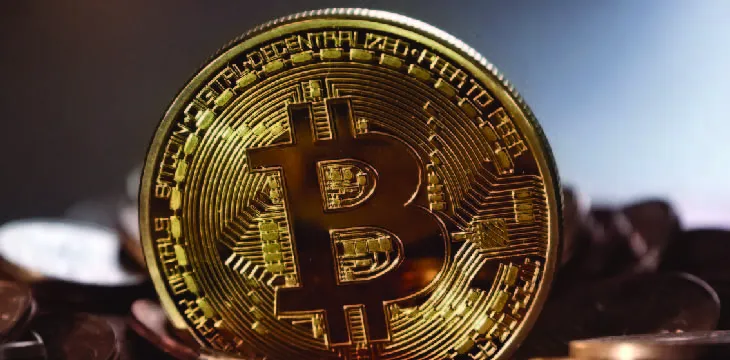|
Getting your Trinity Audio player ready...
|
Russian digital currency users won’t be facing jail time for transacting in Bitcoin, at least for now. The country’s parliament has shelved plans to impose criminal charges against digital currency users in its latest draft bill. However, this could all change in a new bill expected in the autumn session which ends by the end of the year.
Russia has been undecided about which direction its digital currency industry should take for years now. While the State Duma has sought to enforce laws that ban digital currencies and jail users, a number of ministries have pledged support for the industry and criticized Duma’s proposed laws.
Recently, a draft bill by the Duma sought to totally ban digital currencies and sentence users to seven years in jail. However, according to state-run media outlet RIA Novosti, the State Duma is seeking to abandon criminal liability for digital currency users—for now.
Speaking to the outlet, Duma member Anatoly Aksakov revealed that the draft bill had sailed through the first reading and was to undergo a second reading this week. The bill retracted most of the earlier recommendations and instead focused on laying the groundwork for future regulations. Some of the segments that parliament excluded from the bill include regulations on the issuance of security tokens, the legality of smart contracts, fundraising through ICOs and block reward mining.
The draft bill recognizes digital currencies as a means of payment and a store of value but the bill also clarifies that Russia doesn’t recognize them as legal tender.
However, the digital currency industry isn’t out of the woods just yet.
“There will be a special law on digital currency, which can be adopted in the autumn session,” Aksakov revealed. The autumn session will end in December this year. This draft is expected to feature the punitive measures originally recommended for digital currency users.
Russian lawmakers had proposed a seven-year prison term for those who make payments in digital currencies, a fine of up to $7,000, or both. Companies that engaged in digital currencies would have to pay a fine of up to $13,900.
A number of Russian ministries had criticized these recommendations, urging the Duma to regulate, not ban. The Ministry for Economy and the Ministry of Justice were some of the most outspoken against the blanket ban.

 07-13-2025
07-13-2025 





